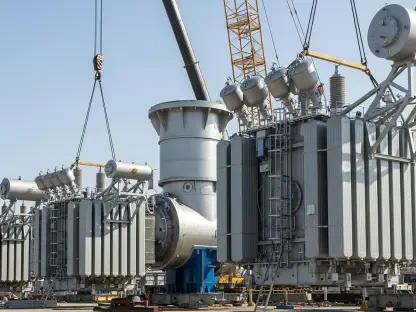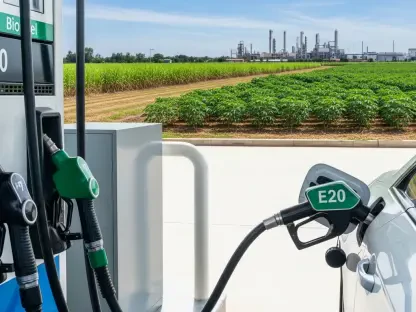The new German coalition government has introduced several strategies to boost the country’s energy sector amid global political tensions. Key initiatives include reducing electricity prices by 5 cents through lowering the electricity tax to the European minimum, cutting grid fees, and introducing an industrial electricity price. The government plans to develop 20 GW of gas power plant capacity by 2030 and facilitate the installation of Carbon Capture and Storage (CCS) technology for gas-fired plants. Additionally, there is a significant focus on phasing out fossil fuel heating by abolishing the heating law and removing the gas storage levy, implemented in 2022 to offset the costs of replacing Russian gas.
Despite these reforms, Germany remains committed to achieving net-zero emissions by 2045 and adheres to the Paris Climate Agreement. The coalition also advocates for a binding EU climate goal to reduce net emissions by 90% by 2040, indicating its dedication to balancing energy security with climate objectives.
These measures reflect the government’s cohesive approach to energy reform and climate action amid dynamic global challenges. By seeking to lower energy costs and enhance security while maintaining stringent environmental goals, Germany positions itself as a leader in managing energy transitions in an increasingly volatile geopolitical landscape. This strategy demonstrates the ability to pursue robust energy reforms while committed to long-term climate targets, ensuring sustainable development for the nation.









